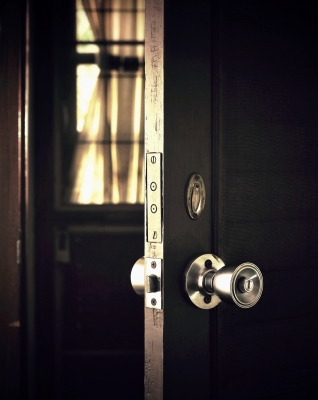Patients with Alzheimer’s and dementia can live comfortably at home, just as long as safety measures are taken and put into place. As the disease progresses, the person’s abilities will change, but with some flexibility, creativity and problem solving, it won’t be difficult to adapt the home to support these changes. Here are some tips on how to make your home safe for a loved one with Alzheimer’s:
Evaluate the Environment
Pay special attention to garages, work rooms, basements and outside areas. Placing locks out of sight and placing secure locks on all doors and windows will prevent your loved one from wandering. In the garage, store your grills, lawn mowers and power tools in a secure spot and remove any toxic plants from outside that could be mistaken for food.
In the kitchen, make sure that your loved one does not have access to medications, vitamins, spices or sugar substitutes by locking them away, as well as keeping knives and other sharp kitchen utensils out of reach. In addition, consider removing the knobs on the front of the stove or installing a gas valve circuit breaker so your loved one cannot turn it on.
Double Check Safety Devices
Check all of your safety devices, such as smoke detectors and fire extinguishers, to make sure that they are all working properly. Always have emergency contacts on hand, including doctors name and phone numbers, list of medications and dosage, list of allergies, legal papers and insurance information and contact information for everyone in your family in case of an emergency. Keep these in an easily assessable place in your home and always carry them with you when you are traveling.
Eliminate Visual Hazards
Keeping your house free of clutter can help to prevent falls. You can also install grab bars in the bathroom, shower and bedroom to allow for assessable mobility. Applying non-slip textured stickers to slippery surfaces can help to preventing unwanted falls. As the disease progresses, changes in vision might occur so it is important to have even lighting throughout the house. Also, make sure all entry ways, hallways and rooms have extra lighting, as well as utilizing night lights to make everything visible at night to help prevent falls.
Resources: http://www.nia.nih.gov/alzheimers/publication/caregiver-guide
https://www.alz.org/documents/national/brochure_stayingsafe.pdf




